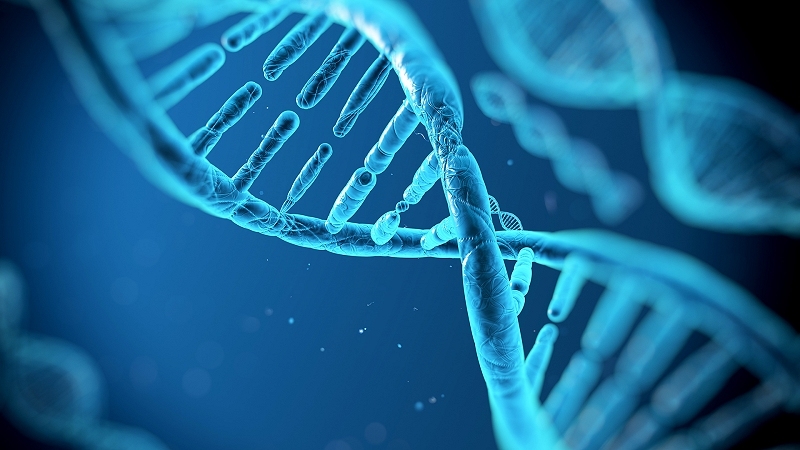Google X, the search giant's research and development arm, has set off on a new endeavor called the Baseline Study project. The goal of the project is to one day be able to detect health risks such as heart disease earlier in a patient's life such that preventative measures can be taken before it's too late.
The project is being led by Dr. Andrew Conrad, a molecular biologist credited with creating a cheap way to scan donated blood for HIV. He joined Google in March of last year and has put together a team of roughly 70 to 80 experts in the fields of biochemistry, imaging, molecular biology, optics and physiology.
The Baseline Study got under way earlier this summer through an unnamed clinical testing firm where doctors began collecting bodily fluids like urine, blood, saliva and tears from 175 anonymous volunteers. From there, Google will use its massive computing power to try and find patterns called biomarkers.
The hope is that these biomarkers will help researchers be able to detect health issues before a person even shows signs of them.
For example, a specific biomarker could reveal whether or not someone is able to break down fatty foods efficiently. Those that lack the biomarker could be at risk for early heart attacks in the future. By noticing this trait early and modifying their behavior now, they may be able to avoid the risk altogether.
